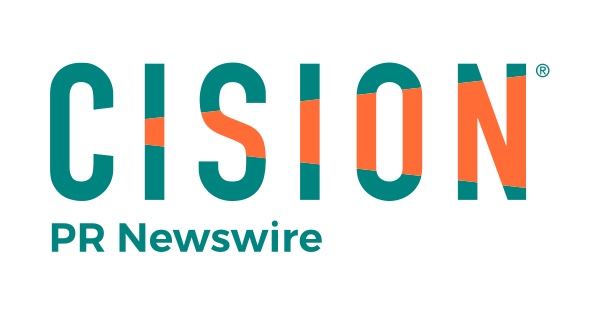Supportive regulations, heightened consumer demand for organic food and next-gen sequencing will drive fresh growth opportunities, finds Frost & Sullivan
SANTA CLARA, Calif., Oct. 9, 2019 /PRNewswire/ — Frost & Sullivan’s latest analysis, Global Bioherbicides Market, Forecast to 2023, reveals that a growing resistance to synthetic herbicides, heightened consumer demand for organic food products, and easier residue management are pivotal factors impelling the dynamic global bioherbicides market toward an expected CAGR of 21.3% between 2018 and 2023. Furthermore, new technologies, innovation by manufacturers, and supportive regulations for faster product registration are expected to augment bioherbicides adoption rates among farmers.
“The advent of next-generation sequencing technologies to identify and characterize new bacterial strains for use in biological control will support a thriving market with novel innovations based on microbes expected to be an effective solution against resistance concerns,” said Arun Ramesh, Research Manager, Agriculture & Nutrition, Frost & Sullivan. “To harness growth prospects and ward off strong competition from innovative start-ups, manufacturers are integrating bioherbicide technology into current weed systems, thereby augmenting usage through integrated weed management (IWM). They are also focusing on developing new products based on plant extracts.”
For further information on this analysis, please visit http://frost.ly/3te
From a regional perspective, in 2018, Europe dominated the global market with 33% market share, followed closely by North America with 28.3%. APAC held 21.2% market share, with RoW (Latin America, the Middle East, and Africa) holding the remaining 17.5%. Going forward, market prospects in the APAC region are set to boom with an estimated CAGR of 25% from 2018–2023.
“A double-digit uptick in the APAC region is primarily driven by consumer awareness of pesticide-free food products, a favorable regulatory environment for organic agriculture, and integrated pest management (IPM) practices,” noted Ramesh. “In North America and Europe, key factors include regulatory and national-level initiatives to support biopesticides and biocontrol products, increasing herbicide resistance and high demand for organic farming and IPM practices.”
Vendors can make the most of key prospects in the market by:
- Creating strategies to overcome the existing challenges in bioherbicide product development, such as limited shelf life and uncertain field efficacy.
- Focusing on regions that facilitate faster product registrations for biological crop protection products, thereby promoting sustainable agricultural practices.
- Facilitating collaboration between start-ups, large-scale manufacturers, and the public sector to expand consumer access to novel products and benefits associated with the use of biological crop protection solutions.
“Despite immense possibilities, the rate of new product innovation in bioherbicides has been average compared to other sectors such as biofungicides and bioinsecticides,” observed Ramesh. “To develop long-term sustainable practices, companies should step up their R&D efforts to uncover novel sources of bioherbicides with scalable technologies and focus on increased bioherbicides shelf life.”
Frost & Sullivan’s recent analysis, Global Bioherbicides Market, Forecast to 2023, explores factors and trends that have shaped the global bioherbicides landscape, the challenges that lie ahead, and the opportunities that can be tapped. Regional markets, technologies, product innovations and the competitive landscape of key players are also assessed.
Global Bioherbicides Market, Forecast to 2023 is part of Frost & Sullivan’s global Future of Chemicals, Materials and Nutrition Growth Partnership Service program.
About Frost & Sullivan
For over five decades, Frost & Sullivan has become world-renowned for its role in helping investors, corporate leaders and governments navigate economic changes and identify disruptive technologies, Mega Trends, new business models and companies to action, resulting in a continuous flow of growth opportunities to drive future success. Contact us: Start the discussion.
Global Bioherbicides Market, Forecast to 2023
9AB8_31
Contact:
Jacqui Holmes
E: [email protected]
http://ww2.frost.com
SOURCE Frost & Sullivan

